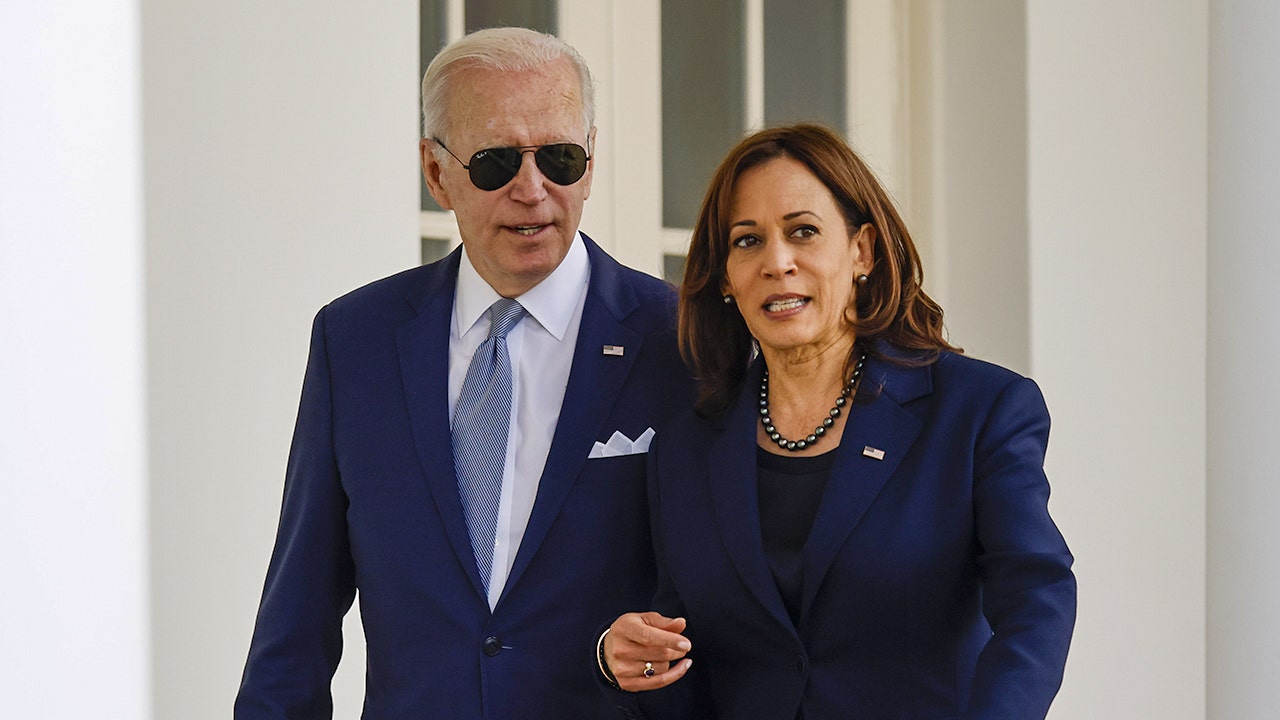President-elect Donald Trump is asking the U.S. Supreme Court to halt his New York state hush money sentencing that’s scheduled for Friday.
Prosecutors have until 10:00 a.m. ET on Thursday to respond to the emergency filing, so we could learn after the state responds whether the high court will block Trump’s sentencing.
“This Court should enter an immediate stay of further proceedings in the New York trial court to prevent grave injustice and harm to the institution of the Presidency and the operations of the federal government,” Trump’s lawyers wrote in the Tuesday filing.
Trump’s lead counsel on the filing is John Sauer, Trump’s pick for solicitor general (the federal government’s lawyer at the Supreme Court). Sauer argued last year’s immunity case on Trump’s behalf. Also among the Trump lawyers on the filing are Todd Blanche and Emil Bove, who represented Trump in the New York hush money trial and whom he has named for top Justice Department posts as well.
A Manhattan jury last year found Trump guilty on all 34 counts charged of falsifying business records, in connection with a hush money scheme tied to the 2016 election that put Trump in the White House for his first term. After those guilty verdicts came down in May, the Supreme Court in July decided Trump’s appeal in the federal election interference case, granting him (and presidents generally) broad criminal immunity.
Trump then sought to harness the immunity decision in his several criminal prosecutions. His two federal cases are now gone partly because he won the 2024 presidential election, with questions still lingering in his state cases in Georgia and New York, the latter being the only one of his four criminal cases that went to trial. Presidents cannot pardon away state get cases or get them dismissed like they can with federal cases.
Trump wants the high court to pause further proceedings in that New York case while he presses immunity-related arguments. Specifically, his emergency application raises three legal questions:
I. Whether President Trump is entitled to an automatic stay of criminal proceedings against him in state court while his claims of Presidential immunity from criminal prosecution are addressed on interlocutory appeal to New York’s appellate courts and, if necessary, this Court. II. Whether the trial court’s admission and use of evidence of President Trump’s official acts in a state-court jury trial on criminal charges violated the doctrine of Presidential immunity recognized in Trump v. United States, 603 U.S. 593 (2024). III. Whether a sitting President’s complete immunity from criminal prosecution during his term in office extends to the President-Elect of the United States during the brief but crucial period between his election, his certification as the President-elect, which has now occurred, and his inauguration, as he conducts Presidential transition activities that are integral and preparatory to his imminent assumption of the Executive power of the United States.
Incarceration is not mandatory for the crimes for which Trump was found guilty; they are the lowest-level felonies under New York state law. And Judge Juan Merchan has signaled that he does not intend to sentence Trump to incarceration. Nonetheless, Trump’s lawyers argue, among other things, in the new high court filing that “any criminal sentencing, and even the distraction of ongoing criminal proceedings, disrupts and will continue to disrupt the enormously burdensome and sensitive tasks of the Presidential transition.”
This is a developing story. Check back for updates.
This article was originally published on MSNBC.com





